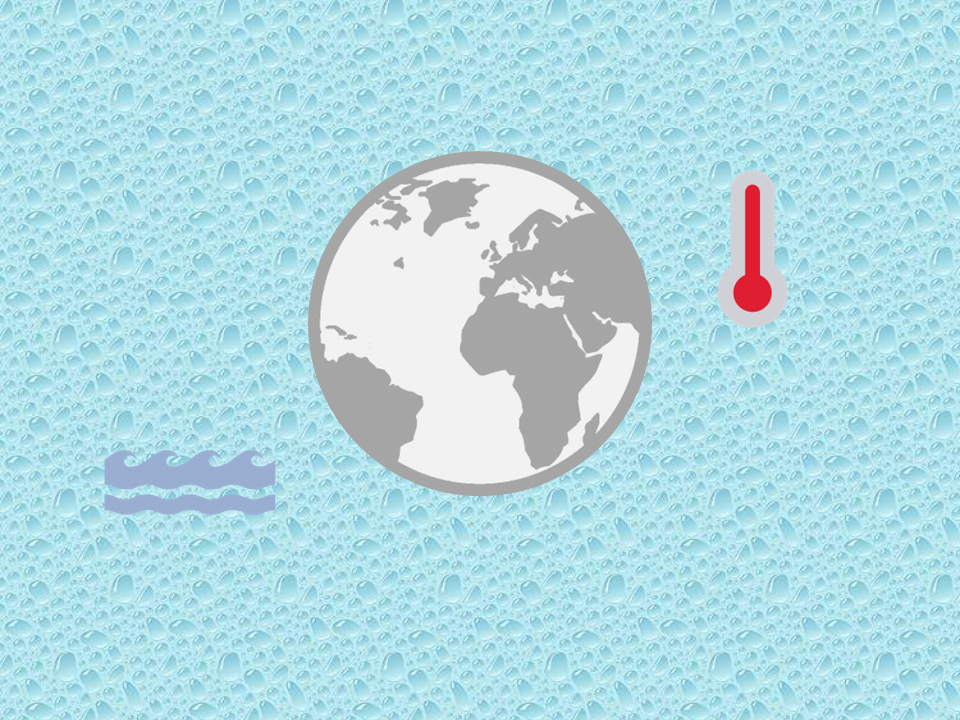Pick Up
984. Off the Charts Record of Climate Change in 2023

984. Off the Charts Record of Climate Change in 2023
On March 19, the World Meteorological Organization (WMO) released its 2023 Climate White Paper, which shows that indicators such as greenhouse gas emissions, temperature, ocean heat, ocean acidification, sea level rise, Antarctic sea ice extent loss, and glacier retreat are “off the charts”, noting the socio-economic impacts of extreme weather events and the severity of the food security crisis for vulnerable social groups.
The key points of the white paper are as follows.
- State of Global Climate report confirms 2023 as hottest year on record by clear margin
- Records broken for ocean heat, sea level rise, Antarctic sea ice loss and glacier retreat
- Extreme weather undermines socio-economic development
- Renewable energy transition provides hope
- Cost of climate inaction is higher than cost of climate action
While the above climate indicators for 2023 have already been reported in various media, the WMO White Paper highlights the severity of the socio-economic impacts of food crises and forced displacement caused by extreme weather events, especially on vulnerable social groups.
The number of people facing acute food crises has more than doubled from 149 million before the COVID-19 pandemic to 333 million by 2023. Food security was already deteriorating due to conflict, economic stagnation and high food prices, but extreme weather conditions caused by climate change are catching up. In southern Africa, for example, Cyclone Freddy in February 2023 caused widespread damage in Madagascar, Mozambique, southern Malawi, and Zimbabwe. The floods inundated much of the arable land and severely damaged crop production and the economy*.
From a food security perspective, rapid implementation of climate change mitigation and adaptation measures is needed.
*Meanwhile, the United Nations reports that by March 2024, droughts caused by El Niño and climate change are causing a severe food crisis in southern Africa.
Contributor: IIYAMA Miyuki (Information Program)
